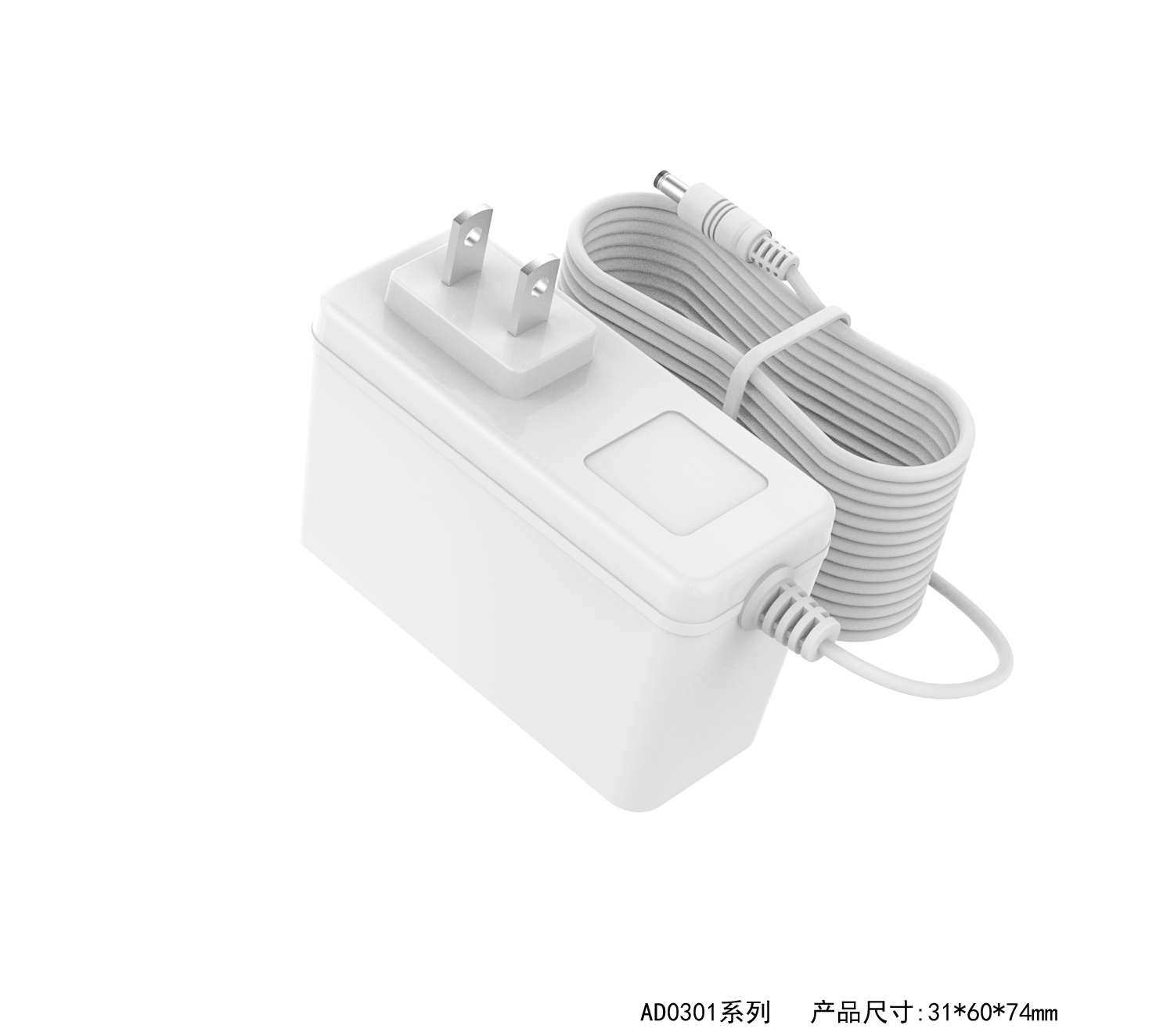Email cannot be empty
Password cannot be empty
Email format error
Email cannot be empty
Email already exists
6-20 characters(letters plus numbers only)
The password is inconsistent
Email format error
Email cannot be empty
Email does not exist
6-20 characters(letters plus numbers only)
The password is inconsistent


Generally, the shell of the AC adapter is made of plastic. Of course, some industrial power supplies use metal shells. The materials of our common AC adapter housings mainly include ABS, ABS+PC, and PC. Let's introduce the differences between these materials one by one.

PC has ultra-high strength and elastic coefficient and can be used in a wide range of temperatures (ABS can only be used at - 25 ℃ to 60 ℃). In addition, PC material has high transparency and free dyeing, which is very good for making various colors of AC adapters. In addition, this material has fatigue resistance, weather resistance, tastelessness, and odorless, which is harmless to the human body and is in line with health and safety.
ABS material has low strength and is not resistant to temperature. Generally, the maximum operating temperature cannot exceed 60 ℃, which is much worse than that of a PC. ABS is generally used in household appliances.
Taking the characteristics of the former two, it has excellent molding and processing performance, good fluidity, and high strength. ABS+PC materials are easy to process, have good dimensional stability and surface gloss, and are easy to paint and dye. They can also be used for secondary processing such as spraying metal, electroplating, welding, and bonding. The synthetic material of ABS and PC has become one of the preferred plastics for electrical components, household appliances, computers, and instruments.
In terms of the choice of AC adapter shell materials, PC and PC+ABS are the main ones. Although the cost will increase compared with the past, and the price of AC adapters will also be different, from the perspective of environmental protection and safety, ABS is increasingly not matching the current market demand!